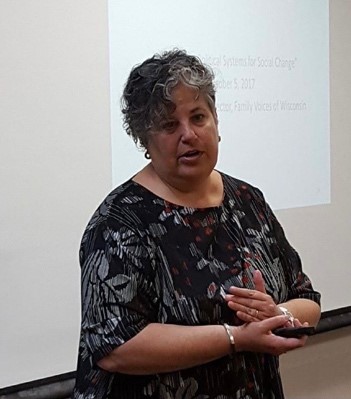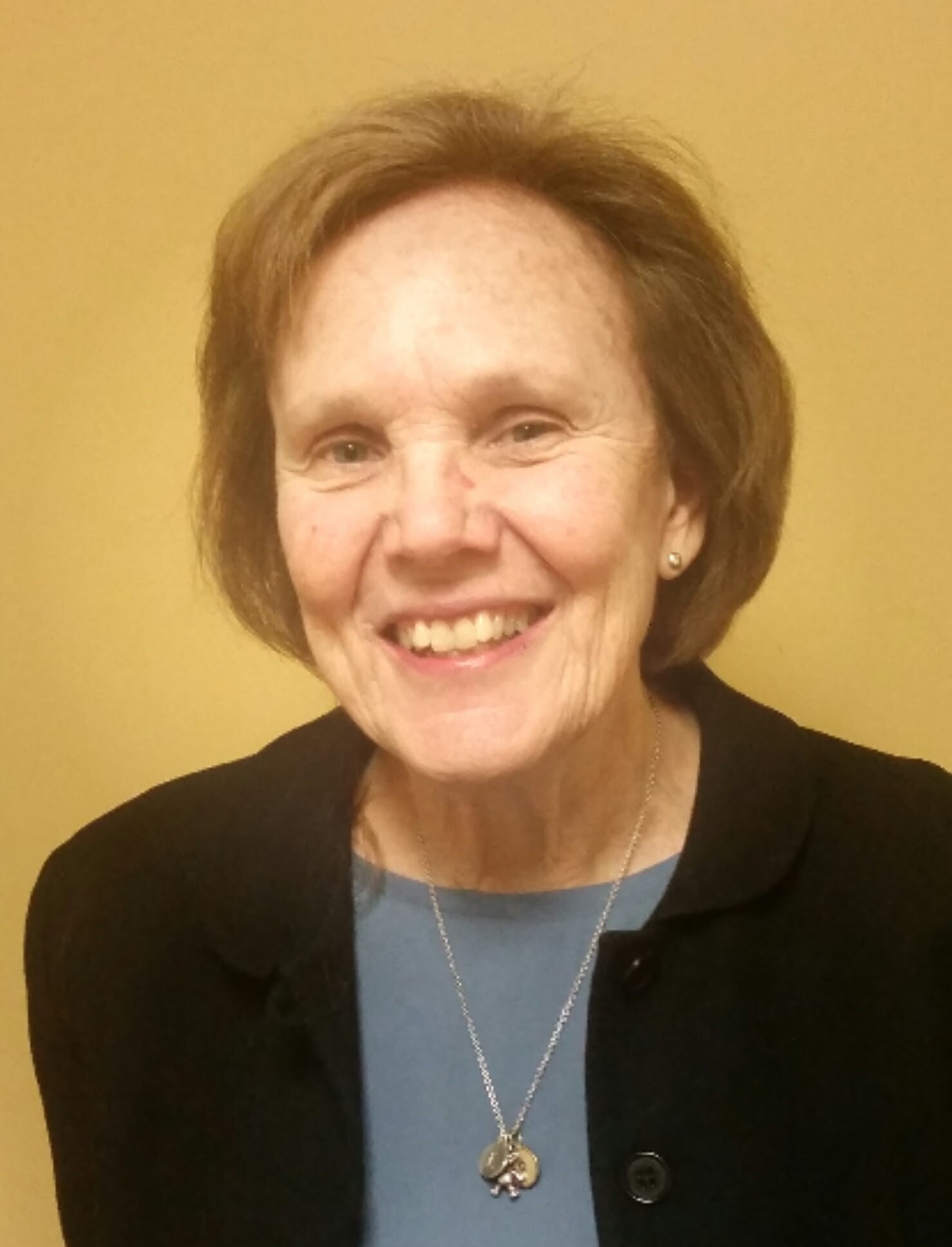On May 22, the House of Representatives passed its “One Big Beautiful Bill Act” by a vote of 215-214. The House budget includes major proposed changes to Medicaid that are expected to leave 8.6 million uninsured. It will head to the Senate next. The Senate is expected to make changes, after which the House would have to vote again on the Senate-approved bill.
Work Requirements
There is currently no federal work requirement for Medicaid, but some states have implemented them through waivers. Georgia is the only state with a waiver; another three have active requests pending before HHS. During President Trump’s first term, several states received waivers but most were subsequently canceled.
If this budget is passed, states would be required to impose “community engagement” rules as a condition of receiving Medicaid benefits. If passed, states would have to implement it by December 31, 2026. States will have the option to implement it earlier. Work requirements cannot be changed or removed, even through 1115 Waiver Demonstrations.
Medicaid beneficiaries ages 19 to 64, with some exceptions, would have to demonstrate at least one of the following to satisfy “community engagement” requirements:
- Working at least 80 hours per month.
- Performing community service at least 80 hours per month.
- Participating in a work program at least 80 hours per month.
- Attending an educational program at least half time.
- Performing a combination of the above activities for at least 80 hours.
- Earning a monthly income that meets minimum wage requirements multiplied by 80 hours.
Exempted groups include:
- People who are in compliance with work requirements under the Temporary Assistance for Needy Families program and Supplemental Nutrition Assistance Program.
- Pregnant women.
- Parents or caregivers of a dependent child or individual with a disability.
- Individuals with disabilities, including blindness and substance use disorders.
- Inmates of public institutions.
States may also exempt individuals who are experiencing short-term hardships on a month-by-month basis. These short-term hardships could include hospitalizations, federally declared disasters, and high unemployment rates.
Employment Verification Requirements: States would be required to verify an applicant for Medicaid coverage is in compliance with the work requirements for at least one month before the month they applied. Current enrollees must meet the requirements for at least one month between eligibility checks, which states could choose to do more frequently.
If a state finds a Medicaid enrollee or applicant does not meet the work requirements, it must notify them of their noncompliance and explain the steps they could take to become compliant or to reapply for Medicaid coverage after they are disenrolled. Enrollees would then have 30 days after receiving a notice to prove they are compliant or exempted from the requirements, during which they would continue to receive coverage.
Enrollees who don’t come into compliance or demonstrate an exemption within that period would be disenrolled, provided the state explores other paths to provide coverage and the individual is given an opportunity to receive a fair hearing on the decision.
Immigration Restrictions
This budget provision would prohibit federal contributions to state Medicaid program for enrollees whose citizenship, nationality, or immigration status has not been verified. This would include the time period when they are working to provide evidence of their status. States may provide coverage but only using state funds. If passed, these restrictions would begin October 1, 2026.
The measure would also lower to 80%, from 90%, the Federal Medical Assistance Percentage (FMAP) for states that have expanded their Medicaid programs under the Affordable Care Act to low-income adults without dependents if state-run programs — Medicaid or otherwise — provide health coverage for immigrants who aren’t qualified immigrants eligible for certain public benefits, unless they’re a child or pregnant woman. If passed, this provision would go into effect beginning October 1, 2027.
ACA Expansion Beneficiaries
FMAP Boost for ACA Expansion: Under the American Rescue Plan Act (Public Law 117-2), states that chose to expand their Medicaid programs to the ACA expansion population were given an additional 5% boost to their FMAPs for two years on top of the 90% rate for those enrollees.
The budget provision would end the 5% boost for the 10 states that haven’t expanded Medicaid if they don’t do so by Jan. 1, 2026. States that already expanded Medicaid and are currently receiving the increase will not be affected.
Cost Sharing: The bill would also require states to impose cost-sharing for ACA expansion beneficiaries with income over 100% of the federal poverty level. The cost share cannot exceed $35 per item or service, and the total amount for all individuals in a family cannot be more than 5% of the family income. Some services would be exempt, such as emergency visits and pregnancy care. If passed, the changes would go into effect beginning October 1, 2028.
Other Federal Funding Restrictions
Erroneous Payments: The measure would reduce federal contributions to state programs that make erroneous Medicaid payments, either for ineligible enrollees or services. If passed, this provision would go into effect in fiscal 2030.
Gender-Affirming Care: The measure would block federal contributions to state Medicaid programs for gender transition procedures, including surgery and medication. There would be exceptions for medication to help with puberty or procedures to treat certain sex development disorders. If passed, this provision would be effective four years after enactment.
Family Planning: The measure would also prohibit federal Medicaid funding from being used to make payments to nonprofit family planning clinics that perform abortions, except in cases of rape, incest, or endangerment to the mother’s life. If passed, this provision would be effective immediately and last for 10 years.
Biden Eligibility and Enrollment Rules
The Department of Health and Human Services (HHS) would be prohibited from implementing two rules finalized under the Biden administration through 2034:
- The first rule, finalized in September 2023, aims to help lower-income Medicare beneficiaries use Medicaid benefits to cover premiums through Medicare Savings Programs. It also requires states to automatically enroll certain people in Medicaid if they’re already enrolled in a Qualified Medicare Beneficiary Program.
- The second rule, finalized in April 2024, prevents states from conducting eligibility renewals more than once a year if they are 65 or older or have a disability. It also mandates a 90-day period in which a beneficiary who lost coverage could be reconsidered.
The Congressional Budget Office (CBO) previously estimated that overturning these rules would reduce Medicaid enrollment by 2.3 million people in 2034 and reduce the deficit by a net $162 billion over 10 years, according to a May 7 letter to Democrats.
Other Eligibility Changes
Several budget provisions would tighten Medicaid eligibility standards, including by:
- Requiring states to conduct eligibility checks on beneficiaries of Medicaid expansion under the Affordable Care Act every six months instead of once a year beginning Dec. 31, 2026.
- Allowing states to disqualify beneficiaries from receiving long-term care services through Medicaid if they have equity in a home exceeding $1 million, instead of $750,000, as long as the lot isn’t zoned for agricultural use.
- Requiring states to cross-reference the Social Security Administration’s Death Master File every four months to disenroll dead beneficiaries.
- Require HHS to create a system to prevent beneficiaries from being enrolled in multiple state Medicaid programs at a time by having states submit enrollees’ Social Security numbers to the system.
- Reduce retroactive Medicaid coverage to one month before an individual applies for Medicaid benefits. Currently, an applicant can receive three months of retroactive coverage.
State Provider Taxes
States would be prohibited from creating new or increasing current taxes on health-care providers that serve Medicaid enrollees. States can use those taxes to help finance their share of Medicaid costs and generate additional federal matching payments.
Currently, states can only levy Medicaid provider taxes if they are uniform across all services and individuals. This rule can be waived if states demonstrate the taxes are at least “generally redistributive.” The bill would stipulate that a tax levied on a provider that mainly serves Medicaid beneficiaries must not be higher than the tax levied on less-Medicaid-focused providers, otherwise it isn’t generally redistributive.
The provision is similar to a rule proposed by the Trump administration in May. If passed, the provision would be effective immediately. However, states will have up to three fiscal years to adjust current arrangements.
State-Directed Payments
If passed, HHS would have to issue rules to limit state-directed payments. For states that have expanded Medicaid under the ACA expansion, the rules would cap payments to the published Medicare payment rate. For all other states, those that have not adopted the expansion, the threshold would have to be capped to 10% above the Medicare payment rate. State directed payments submitted and approved prior to enactment of this provision are grandfathered in.
If passed, this provision would be effective immediately.
Banning “Spread Pricing”
A practice commonly used by pharmacy benefit managers (PBMs) called “spread pricing,” in which PBMs pocket the difference between what they charge insurance companies for a prescription drug and how much they reimburse pharmacies that prescribe it, would be banned in the Medicaid program.
If passed, this provision would be effective starting 6 months after enactment for the Drug Acquisition Cost Survey and 18 months after enactment for the requirements governing PBMs.
Disproportionate Share Hospital Payments (DSH) Cuts
The provision would delay $8 billion in scheduled Medicaid payment cuts to disproportionate share hospitals, which treat large numbers of low-income and uninsured patients.
The reductions would take effect in fiscal 2029 through 2031, instead of fiscal 2026 through 2028 under current law. Funding would also be extended through fiscal 2028 for Tennessee’s disproportionate share hospital program.
If passed, this provision would be effective immediately.
Out-Of-State Medicaid Coverage
The measure would require states to adopt a process for out-of-state providers to treat Medicaid and Children’s Health Insurance Program beneficiaries younger than 21 without being subject to extra screening and enrollment requirements if they meet certain conditions. Provider enrollment will last five years, unless the provider is terminated or excluded from participation. If passed, this provision will be effective four years after enactment.
Read Family Voices’ Medicaid 101 one-pager for an overview of current Medicaid funding and structure.
To track all health provisions in the 2025 Federal Budget Reconciliation Bill, you can use this tool from the Kaiser Family Foundation (KFF).
The Lucille Packard Foundation for Children’s Health also released a report on the impact of Medicaid cuts on children’s health and well-being. While some of the topics are not included in the current budget bill, all of the above provisions are discussed in the report.
The non-partisan Congressional Budget Office (CBO) also provided preliminary estimates of the changes to Medicaid, including cost and people left uninsured over the 10-year budget implementation.


















